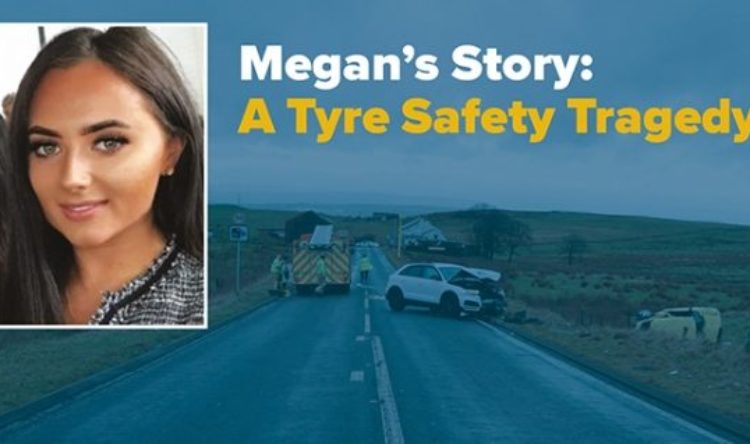Driving tyred
Concerns raised over the choice if tyres as the economic crisis grows
Over a million UK motorists are risking lives with illegal tyres on their vehicles.
The conclusions come from new research by breakdown provider Green Flag. It reveals 1.1 million UK motorists have either been given penalty points or involved in an accident due to illegal tyres.
Losing control
A reported 16.5 million drivers have lost control on the road due to issues with their tyres. Obviously, drivers with worn tyres are the most vulnerable in cold and wet weather.
Nearly 20% of drivers (7.6 million) find it hard to gain traction on icy or snowy roads, 4.7 million (11%) losing grip on wet roads and 3.5 million aquaplaning (8%).
However, drivers still face hazardous situations on the road regardless of the weather. Nearly six million (14%) have had a burst tyre while driving and 4.4 million (11%) have taken longer to stop than expected.
Worrying ignorance
Despite the increased likelihood of serious incidents due to tyre issues, almost one in five motorists (18%) do not know how to check the tread depth. A further 11% do not know how to check the pressure of their tyres.
Data from Green Flag shows one in six (17%) callouts across the country are for tyre or wheel related issues. This is not surprising given only 37% of drivers say they know how to change a tyre.
One in five (22%) motorists admit to only having their tyres checked at their car’s MOT or service, with only a third (30%) checking their tyre pressure regularly (once a month or more).
Young people are least likely to keep an eye on their tyres, with less than a quarter (24%) of 18–34-year-olds frequently checking tyres (at least one a month).
If the tyre pressure warning light came on, only one in three (32%) drivers would drive to a service station and use the tyre inflator. Nearly a quarter (22%) admitted they would continue their journey and only once they arrive at their destination would they check or ask their friend or family to help them.
Learning lessons
“Tyre safety is hugely important, so it’s concerning to see how many drivers neglect this vital part of their vehicle,” comments Mark Newberry, Commercial Director at Green Flag.
“It is important that motorists know how to check and maintain their tyres, so they know what to do if the tyre warning light comes on. If drivers are concerned or worried about what to do during a journey, pull over somewhere safe and call your breakdown provider so they can assist you and get you safely back on the road.”
Recommended regular checks
- Tyre pressure – Tyres should be correctly inflated according to the vehicle handbook and should be checked at least once a month. With most fuel garages now charging for the use of a tyre pressure gauge, it can be easier to purchase your own device to adjust at your own convenience. It is best to check the tyre pressure when they are cold, before embarking on a journey.
- Heavier load – If you’re heading on a journey where you will be taking more people or carrying more luggage than usual, it’s important to adjust your tyre pressure accordingly. Check your vehicle handbook to find what the pressure should be adjusted to and ensure this is done before you set off.
- Tyre depth – Though the legal minimum is 1.6mm, many experts recommend a minimum tread depth of 3mm. Tyres have their own built-in tread wear indicators, but this can also be checked by using a 20 pence coin; if the outer band on the coin is visible when placing the coin in the groove between the treads, it means they’ve worn too low, and the tyres need replacing.
- Irregular wear or damage – Check for any bulges, cracks, tears, or cuts, along with any objects that could be lodged in the tyre tread. It is also important to check wheel rims as they can also cause tyre damage.
- Check your spare – Though you normally aren’t counting on using it, it is crucial to thoroughly check your spare tyre (if you have one).
- Have a regular service on your vehicle to ensure your car is in top condition for driving and ultimately prolonging the car’s overall life span.
- Make sure you have a breakdown policy in place to ensure you’re covered in the event of a breakdown.







